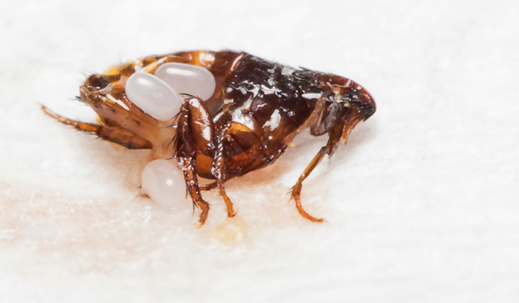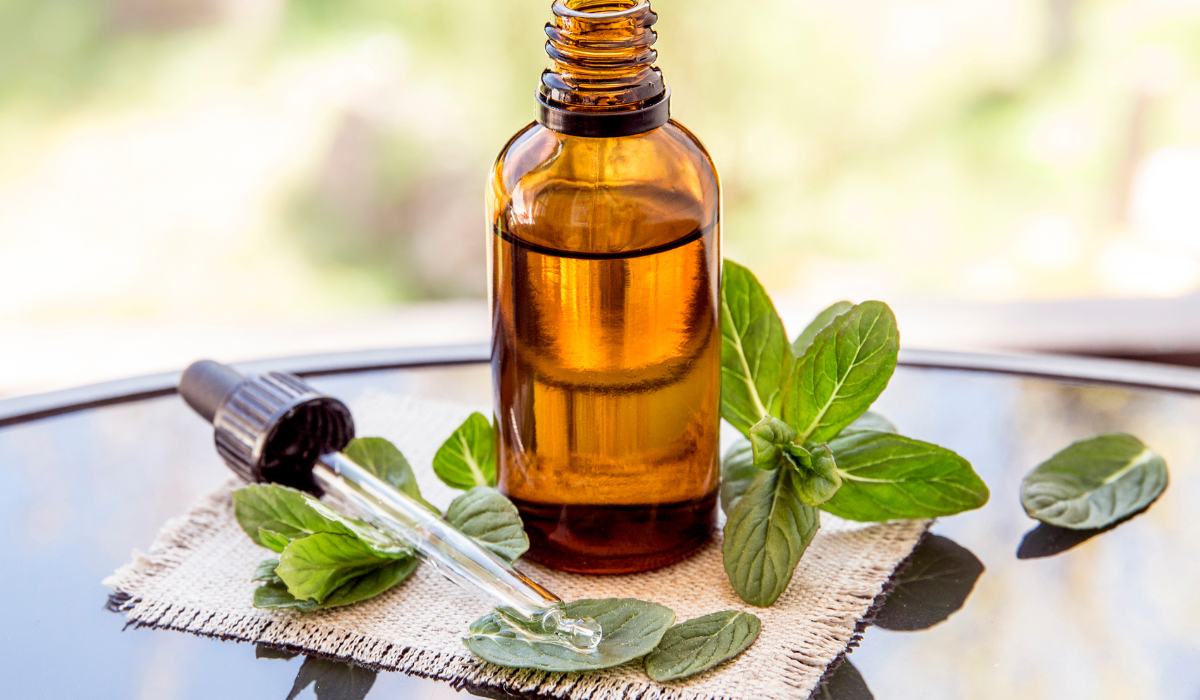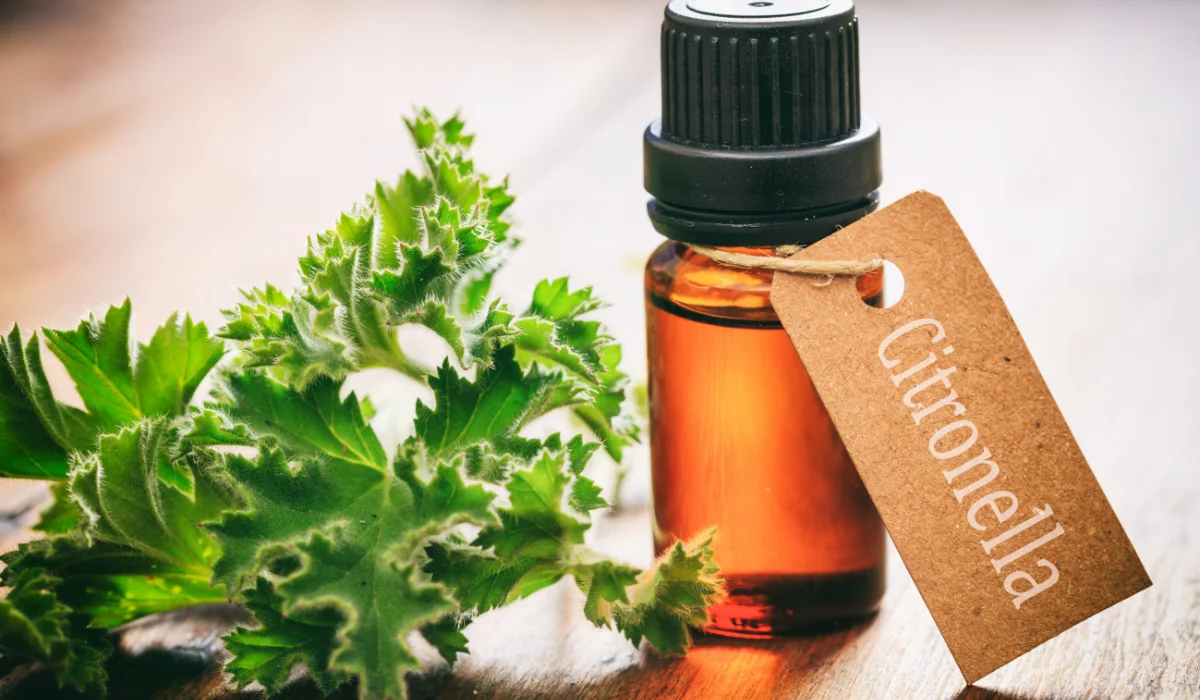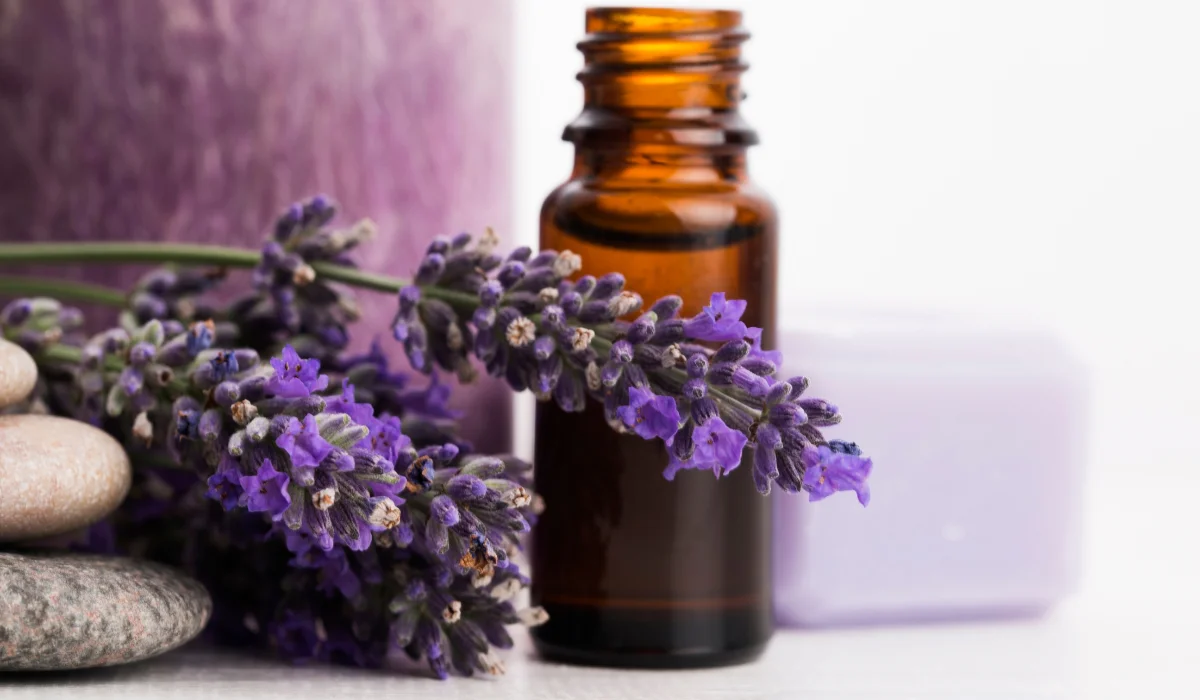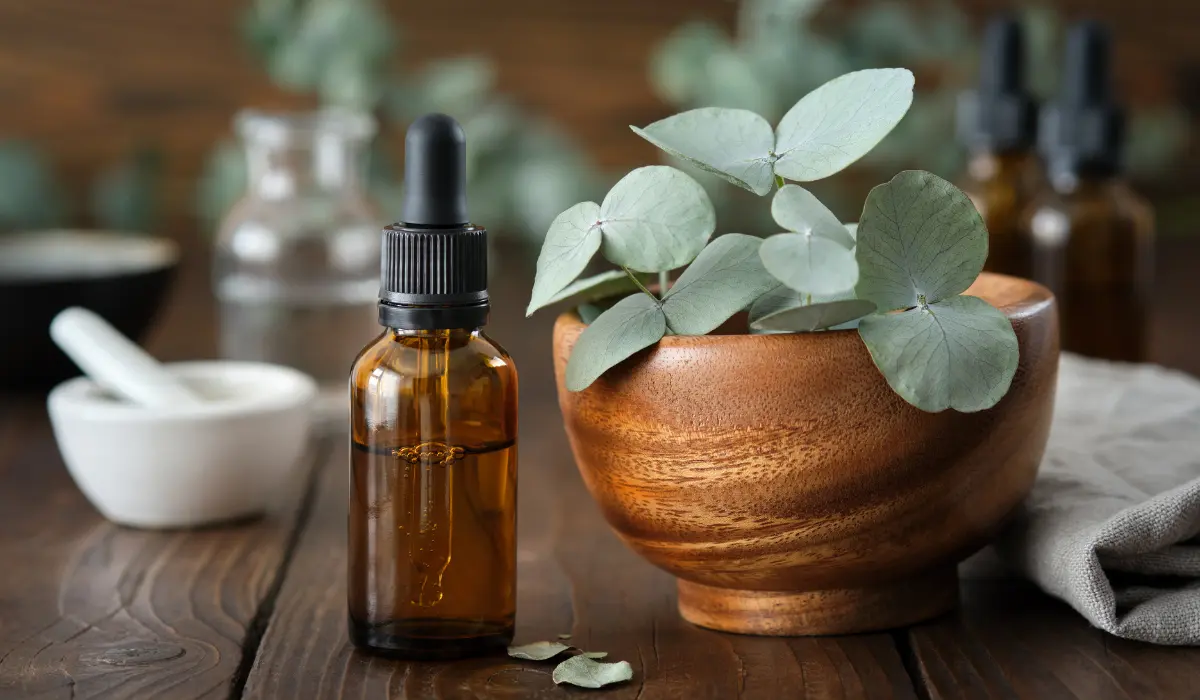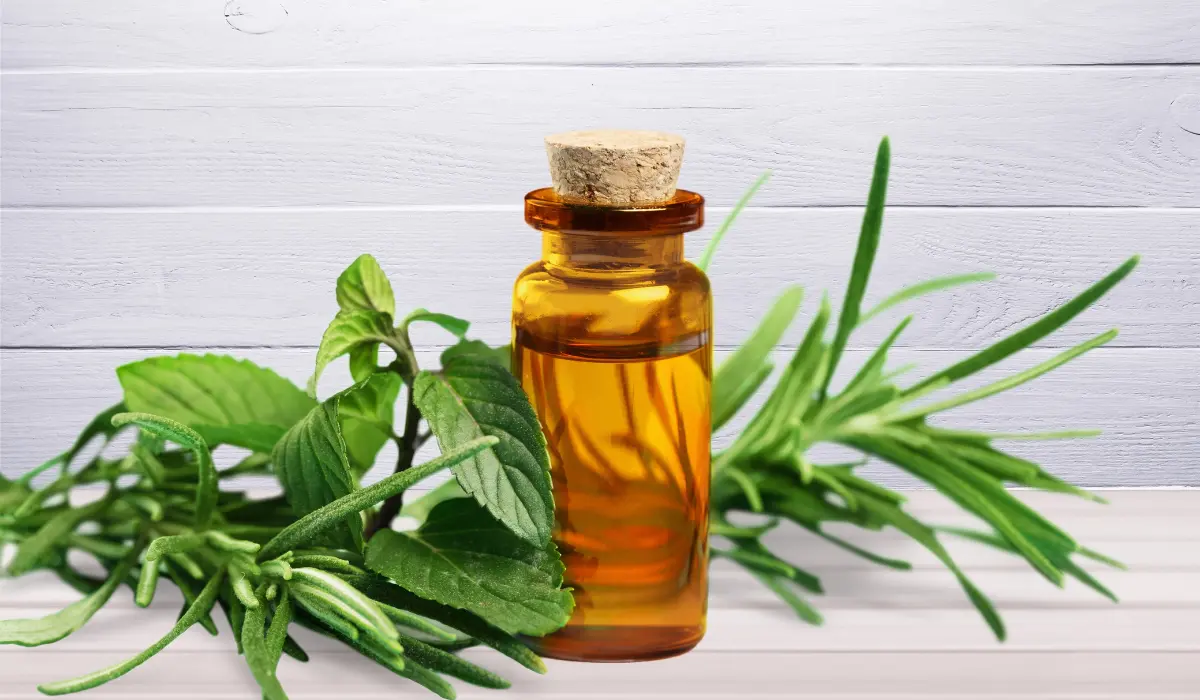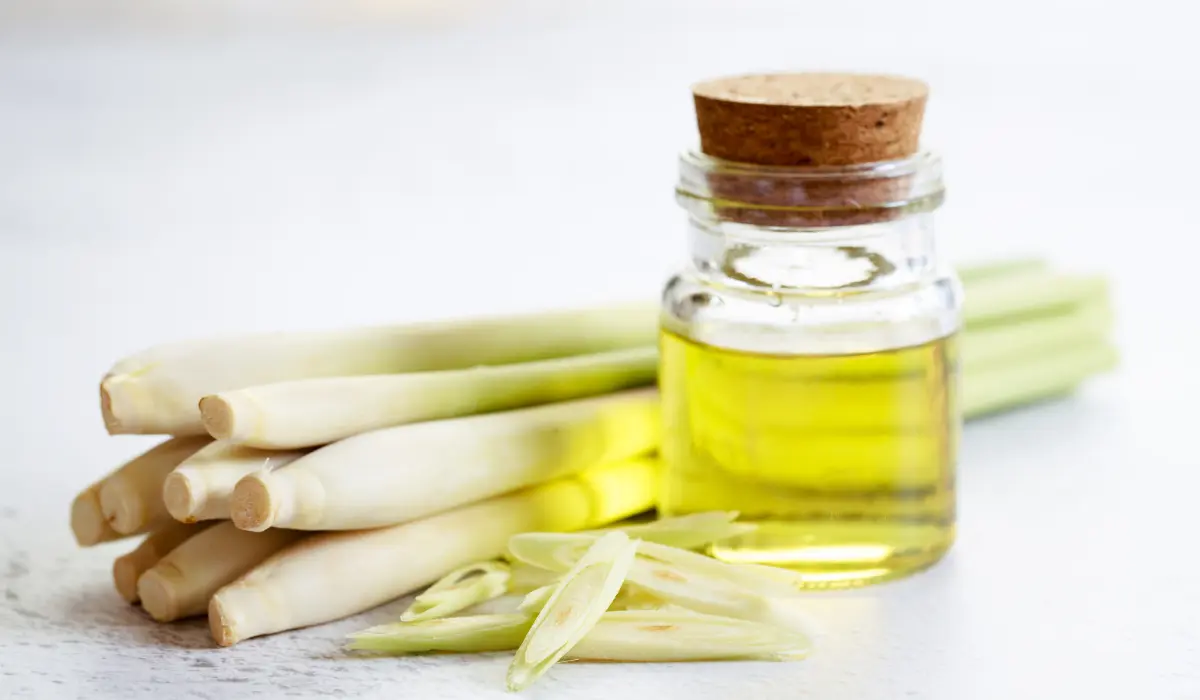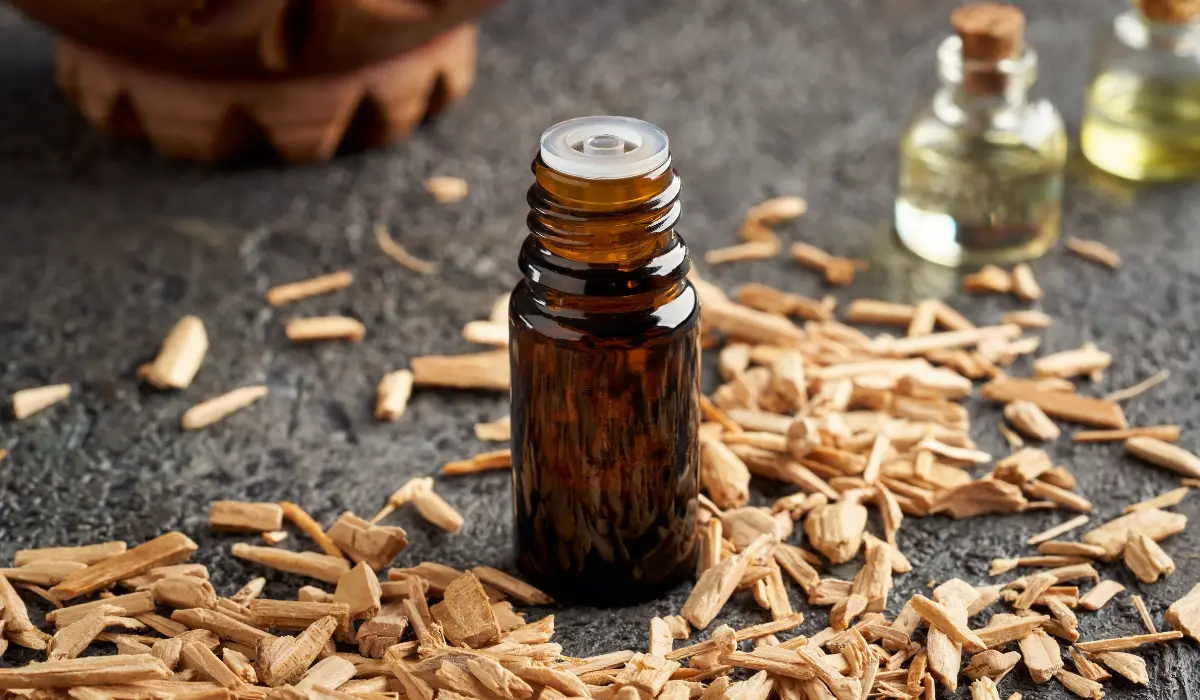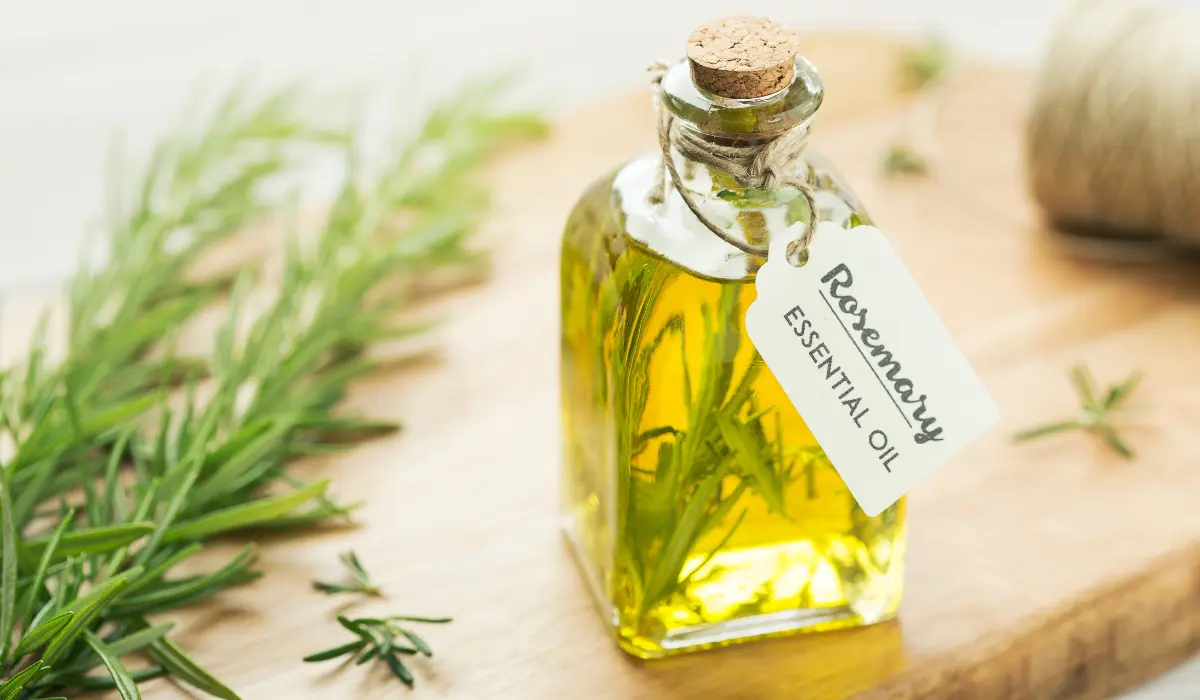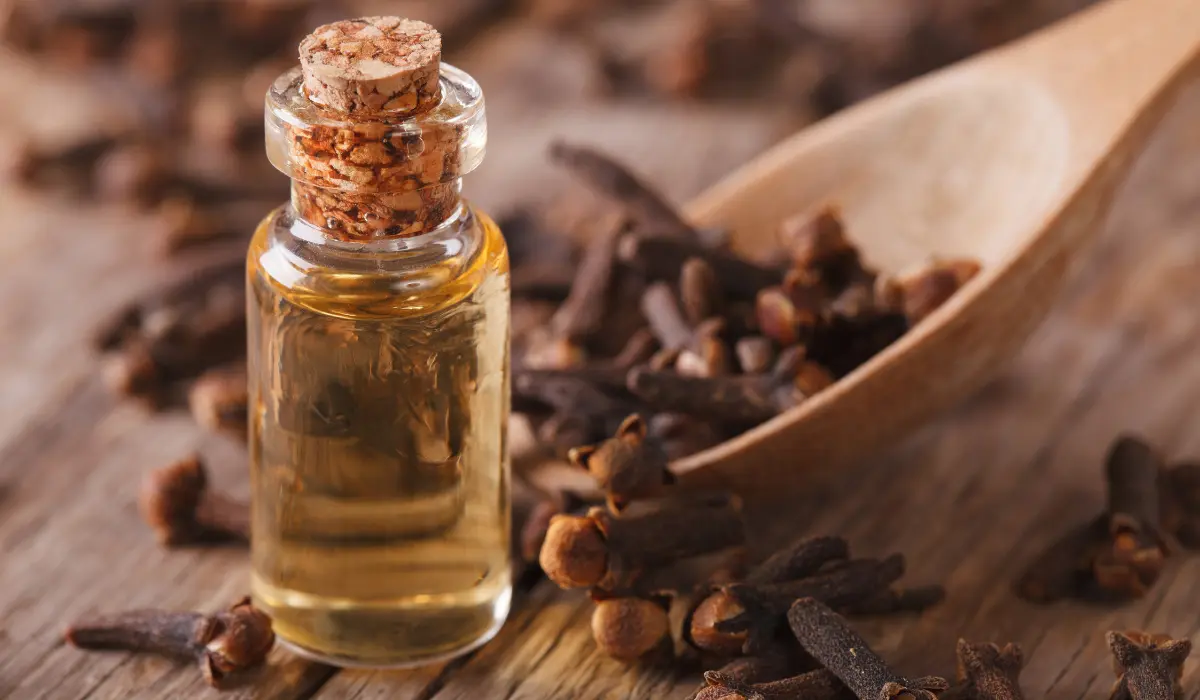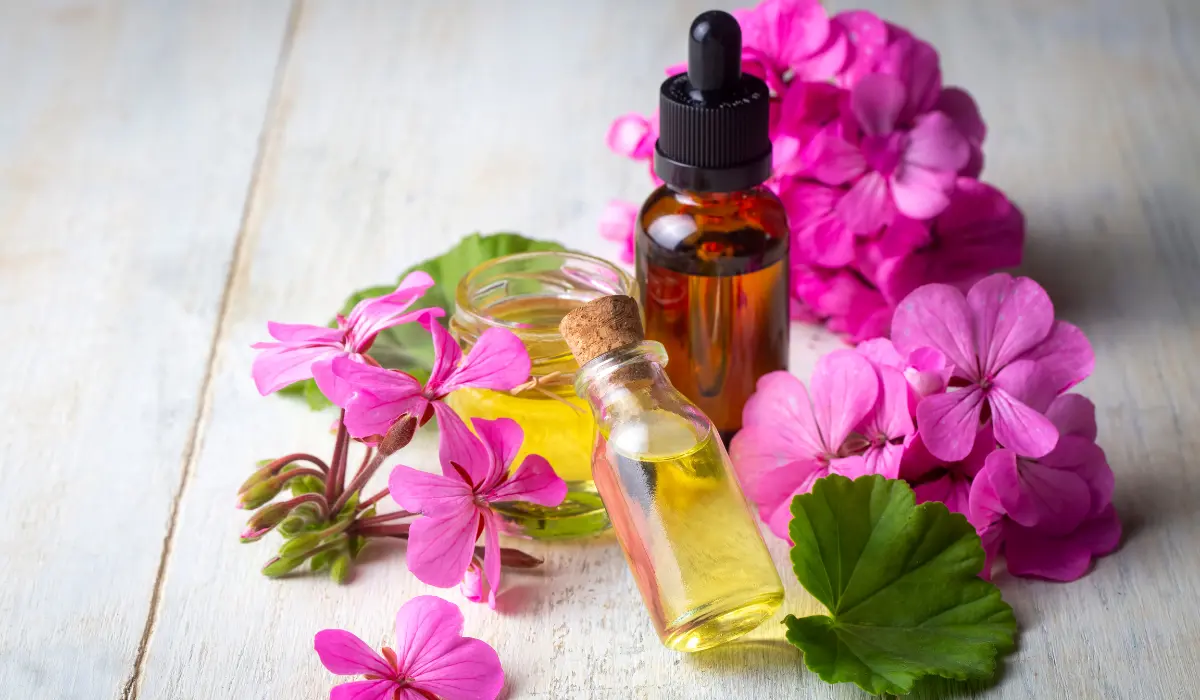Myth Busting: Can Essential Oils Kill Fleas?
Are you tired of dealing with pesky fleas on your pets or in your home? Certain essential oils offer a safe, pleasant-smelling alternative to traditional flea treatments.
But do they work? While these oils may repel fleas, limited scientific evidence supports their ability to eliminate them, especially for heavy infestations.
How do you choose the suitable oils and apply them effectively? Stick around to discover the best essential oils for flea control and the best practices for using them.
Key Takeaways
- Natural essential oils can repel fleas but may irritate pets and need frequent reapplication.
- Veterinary-recommended treatments are more effective for controlling fleas.
- Professional pest control is best for severe infestations, targeting all flea life stages.
How Essential Oils Can Affect Fleas
Fleas can infest homes and cause significant discomfort and health issues for pets.
Essential oils may offer a natural way to repel these pests and keep homes flea-free. However, consult a veterinarian before using essential oils on pets or around the home.
How Do Essential Oils Repel Fleas?
Thanks to their strong, disruptive scents, essential oils have properties that repel and even potentially kill fleas.
Here’s how their aromatherapy effects may work against fleas:
Volatile Compounds: They emit intense aromas from volatile compounds, confusing fleas' sense of smell and deterring them.
Contact Toxicity: Certain oils act as insecticidal neurotoxins, incapacitating or killing fleas upon contact.
Environmental Modification: Applying oils to areas like pet bedding creates an inhospitable environment for fleas, repelling them effectively.
Regular Application: Since essential oils evaporate, frequent reapplication is necessary to maintain effectiveness.
Synergistic Blends: Combining oils like eucalyptus, peppermint, and lavender enhances their flea-repellent properties through synergy.
What Types of Essential Oils Repel Fleas?
An appropriate concentration of essential oils can help pet owners like you maintain a flea-free environment. To create a DIY diluted essential oil in a spray bottle, use carrier oil like coconut oil and any of the following:
Oils | Method of Action |
Peppermint Essential Oil
| Strong scent deters fleas |
Citronella Oil
| Masks the scents that attract fleas |
Lavender Essential Oil
| Calming properties and flea repellent |
Eucalyptus Oil
| Strong smell discourages fleas |
Tea Tree Oil
| Antimicrobial and antiparasitic effects |
Lemongrass Essential Oil
| Overpowers insect attraction signals |
Cedarwood Essential Oil
| Interrupts flea's pheromone signals |
Rosemary Essential Oil
| Repels due to its aromatic compounds |
Clove Oil
| Potent smell acts as a deterrent |
Rose Geranium Oil
| Flea repellent and soothing for pets |
Limitations of Essential Oils for Flea Control
The use of essential oils is not without its many limitations. In flea control, you may face one of these limitations along the way:
- Toxicity: Some oils can be harmful, especially to cats and dogs. Ingesting or absorbing through the pet’s skin can lead to toxic reactions.
- Adverse Reactions: After exposure, pets can suffer from adverse reactions, like vomiting or lethargy.
- Skin Irritation: Applying undiluted essential oils to the pet’s fur can cause skin irritation. Always mix with a carrier oil before application to avoid this issue.
- Effectiveness: Essential oils might not be as effective as traditional flea treatments. They may require frequent application.
- Dilution Requirements: Using undiluted essential oils is dangerous. Incorrect dilution can reduce effectiveness or increase safety risks.
- Natural Alternatives vs. Harsh Chemicals: While essential oils are natural remedies, they may not work as efficiently as some chemical treatments.
- Expense and Accessibility: High-quality essential oils can be expensive and not always readily available.
More Effective Flea Control Methods
Using essential oils as a natural remedy only temporarily solves signs of flea infestation. Therefore, they should be used alongside other flea control methods.
When dealing with flea bites and infestations, consider these options to help you choose the best approach.
Veterinary-Recommended Flea Medication
Veterinary-recommended flea medications are often the most reliable way to get rid of fleas. Often, they also provide tick prevention.
These treatments are prescribed based on the pet's specific needs and medical history:
Vet-Recommended Treatments | Details |
Topical Applications | Easy to apply to the skin and can protect for up to a month. |
Oral Medications | Taken as a pill, some meds start killing fleas within hours. |
Injectable Treatments | Administered by a vet and offers protection for extended periods. |
Flea Collars | Can provide continuous, long-term flea prevention and protection |
Environmental Flea Control Measures
Environmental flea control measures focus on eliminating fleas from the home and outdoor areas where pets may roam. This often involves a combination of cleaning routines and insect repellents.
- Vacuum regularly: Remove fleas and eggs from carpets, floors, and furniture. Dispose of the vacuum bags correctly.
- Wash pet bedding: Use hot water to wash pet’s bedding regularly to kill fleas and their eggs.
- Apply Flea repellents: Sprays and diatomaceous earth powders can be used on carpets and furniture to deter fleas.
- Discourage fleas in your yard: Keep grass trimmed short and explore options like pet-safe outdoor pesticides to target flea populations.
When to Call a Professional
Sometimes, using natural flea solutions like peppermint oils to control fleas is insufficient.
If you notice fleas in large numbers and spread across different rooms even after repeated treatments, a professional pest control company (like us at Native Pest Management) becomes necessary.
As professionals, our services involve trained professionals using specialized equipment and products to eliminate fleas from both indoor and outdoor environments.
